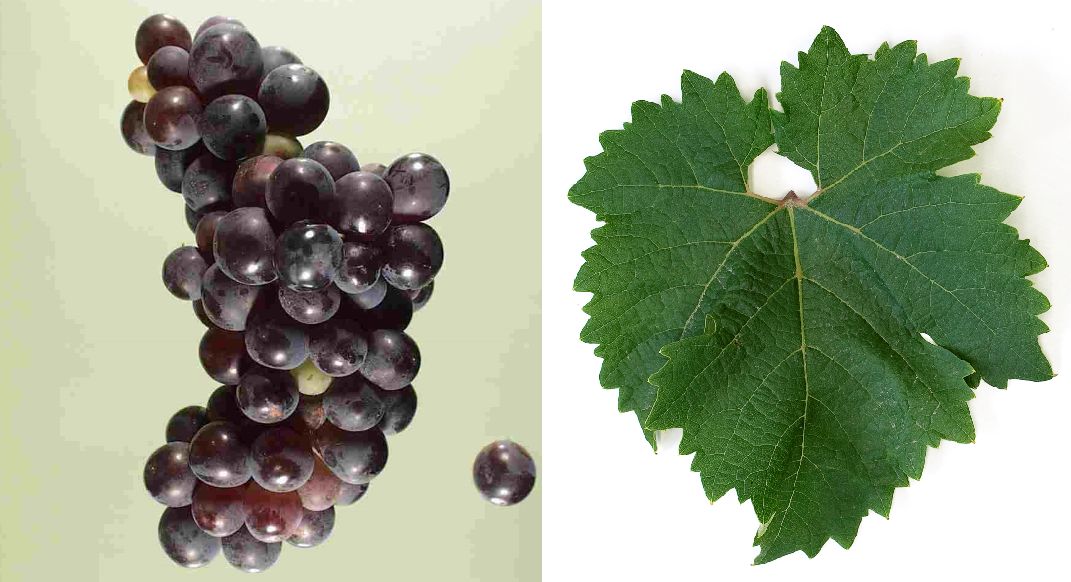The red grape variety originates from Italy. Synonyms are Barlettana, Canosa, Cassano, Somarello, Sommarrello, Sumarello, Summariello, Tranese, Troiano, Troja, Trojana, Uva Antica Nara, Uva della Marina, Uva di Barletta, Uva di Canosa, Uva di Troia (second main name), Uva di Troya, Vitigno di Barletta, Vitigno di Canosa and Zagarese. It is probably named after the place Tróia in the province of Foggia in Apulia. The place was supposedly founded by Diomedes, the hero from Greek mythology, one of the warriors in the legendary Trojan Horse in the conquest of Troy. On his return from Troy, his ship was wrecked by a storm on the Apulian coast. This also explains the unverifiable hypothesis that an ancestor of the variety was brought by the Greeks from Troy in Asia Minor.

According to DNA analyses carried out in 2013, it originated from a presumably natural cross between Bombino Bianco x Quagliano. However, this is based on only 20 DNA markers (see Molecular Genetics). However, the father variety was not confirmed in a 2019 analysis. The late-maturing vine is resistant to downy mildew. It yields colour-intensive, tannic and high-alcohol red wines with aromas of sour cherries and herbs with ageing potential. The variety is mainly cultivated in northern Apulia under Uva di Troia or Summariello, as well as in Campania. There it is permitted in the DOC wines Barletta, Cacc'e Mmitte di Lucera, Castel del Monte, Orta Nova, Rosso di Cerignola and Tavoliere delle Puglie. In 2016, 2,512 hectares of vines were recorded (Kym Anderson).
Source: Wine Grapes / J. Robinson, J. Harding, J. Vouillamoz / Penguin Books Ltd. 2012
Images: Ursula Brühl, Doris Schneider, Julius Kühn-Institut (JKI)
Voices of our members

In the past, you needed a wealth of encyclopaedias and specialist literature to keep up to date in your vinophile professional life. Today, Wine lexicon from wein.plus is one of my best helpers and can rightly be called the "bible of wine knowledge".
Prof. Dr. Walter Kutscher
Lehrgangsleiter Sommelierausbildung WIFI-Wien